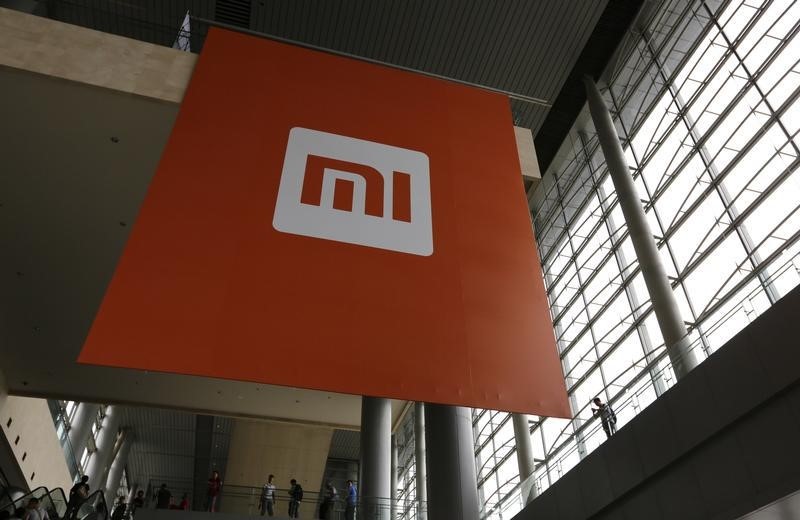By Gerry Shih
BEIJING (Reuters) - China's top smartphone maker Xiaomi Inc on Thursday reported semi-annual sales that for the first time were lower than the previous six months, jeopardising its full-year target and hinting at a slowdown in its mainstay domestic market.
The firm said it sold 34.7 million handsets in January-June versus 35.0 million in July-December - the first sequential fall since the company began disclosing six-month figures in 2013. For 2015, it aims for minimum sales of 80 million smartphones.
Xiaomi has enjoyed a rapid rise with handsets it touts as cheaper but well-designed alternatives to Apple Inc's (O:AAPL) iPhones. That led private investors last year to value the firm at $45 billion, making it China's most valuable startup.
Its latest sales result could be a blip as the firm usually ships more handsets in the second half when it markets more new models, but it has made analysts question whether Xiaomi's expansion abroad is fast enough to counter a slowdown at home.
Smartphone shipments in China - where Xiaomi is No. 1 - fell in the first quarter for the first time in six years, though it was unclear whether the drop signalled the start of a downward trend, researcher IDC said in May.
"Around 90 percent of Xiaomi's shipments are in China, so if in that market it doesn't have high growth, it's going to be very difficult," said Canalys analyst Nicole Peng.
Sales would need to pick up dramatically in the second half of the year to meet Xiaomi's 2015 target sales of between 80 million and 100 million handsets - a target revised from a flat 100 million set last year.
"Even with the China smartphone market slowing down, we did a stellar job of posting a 33 percent growth on last year's numbers," Chief Executive Lei Jun said in a statement on Thursday.
Beijing-based Xiaomi has been expanding overseas to relieve the pressure at home, focusing on India, Southeast Asia and, from next week, Brazil.
But in many emerging markets, Xiaomi has to contend with miscellaneous protectionist measures such as a drive in India to promote local production and high import duties in Brazil, said Canalys' Peng.

That adds to the threat at home and abroad of competition from more established rivals such as Lenovo Group Ltd (HK:0992) and Huawei Technologies Co Ltd